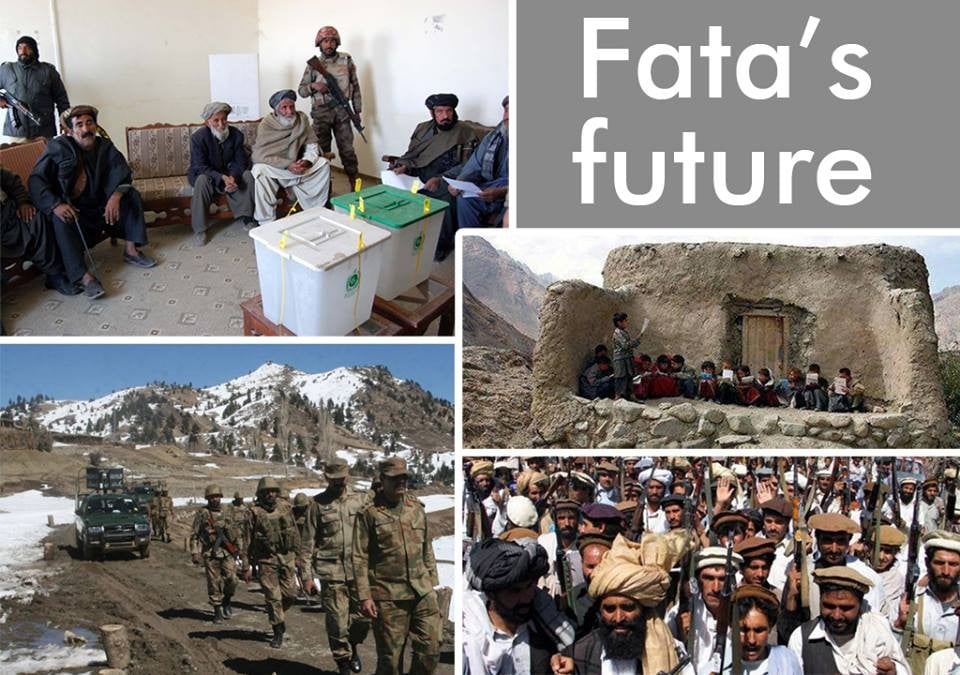
There can’t be a piecemeal solution because most problems in Fata are inter-related

Fata is under discussion again. When the government got flak from the military for failing in its task to provide good governance about two weeks ago, the context for the sparring was said to have included Fata reforms, among other things. Of the 20 points of the National Action Plan, one was about "administrative and development reforms in FATA with immediate focus on repatriation of IDPs".
On the surface, there appears a contradiction in the military expecting the civilians to implement reforms in Fata, thereby ceding its own decision-making in a region where it is committed in some serious military operations.
Yet, all at once, there seems a push for deciding Fata’s future from all sides, including from tribal legislators within the parliament and all the political parties seem united in effecting this change in Fata. Apparently, there is no dearth of solutions when it comes to Fata even though the constitutional scheme puts a limit on how these will come through. But then there is a solution to overcome this constitutional limitation as well.
The tribal parliamentarians have moved a bill to seek the 22nd constitutional amendment in this regard.
But there have been many commissions and committees and their proposed recommendations. The good thing is that there is a lot of overlapping in these solutions and all it needs now is a final push for implementing them.
In response to the military’s concern, the prime minister instituted another committee headed by Sartaj Aziz to determine the political status of Fata.
An important point to understand is that there can’t be a piecemeal solution because most problems in Fata are inter-related. For instance, you can’t expect to repatriate the IDPs until and unless there is peace. No wonder, most proposals begin with this abstract demand that "Peace in Fata should be guaranteed" without outlining who is seeking peace from whom. And, as Rahimullah Yusufzai points out, it is not clear whether that peace would come through peaceful means or through military operations.
The second-most important solution is about the constitutional scheme and, in this regard, Senator Farhatullah Babar’s efforts within the parliament are praiseworthy. Article 247 of the constitution needs to be amended, he says, as do all the committees.
But the most crucial part is how to bring about these changes, to determine the role of tribal people and the best democratic route to get their voice in deciding their own future.
For now, all political forces are almost unanimously supporting the 22nd constitutional amendment. Once the Sartaj Aziz-led Fata Reforms Committee proposes its recommendations, we would be able to gauge the seriousness of all stakeholders in implementing the reforms and deciding the future course for Fata.